Prof. Dr. Hans-Gerd Busmann from Fraunhofer has held a residency for three months at NOWITECH, where he has been collaborating with John Olav Tande and Thomas Welte. I have asked him about his stay.
– The most important advice I could offer to Norwegian wind power enthusiasts would be that all the consequences for the entire energy system must be studied before large wind farms are erected. By doing so, you will eliminate delays and added costs that we experienced as a fresh ‘green energy nation,’ says a German wind power professor.
The experienced German wind power expert Hans-Gerd Busman has completed a three-month guest stay with SINTEF Energy Research. The backdrop to his visit is the heavy investments made by Norway in knowledge and technology development for offshore wind power – largely through the NOWITECH and NORCOWE research centres for environmentally friendly energy.
Germany has done something similar through the establishment of the Fraunhofer Institute for Wind Energy and Energy Systems Technology (IWES), the German Aerospace Center (DLR), and the Research Centre ForWind (a cooperative programme involving three universities).

Operation and maintenance of wind-farms
Professor Busman can point to 20 years of experience at Fraunhofer which, like SINTEF, is a non-profit organisation dedicated to applied research. Germany is investing in renewable energy sources, particularly wind power. Fraunhofer is one of the research partners in NOWITECH, and Busman sits on NOWITECH’s scientific committee.
The operation and maintenance of wind farms has been a central topic for SINTEF Energy Research’s guest researcher. Special focus has been directed to find out how financiers, operators and insurance companies of offshore wind farms assess the current management and execution of the operation and maintenance, and what they are demanding for future research and development.
Busman has been collaborating closely with Research Scientist Thomas Welte and Research Manager John Olav Tande at SINTEF Energy Research.
Looking forward to Norwegian-German cooperative project
-A lot of attention of the industry has been directed to cost reduction. Since a considerable part of the offshore wind energy costs are from operation and maintenance optimizing these costs have a great cost reduction potential, says Thomas Welte
-We will continue our cooperation and hope that a follow-up project will emerge from my research visit, Busman says.
Busman emphasises that there exist several possibilities for Norwegian-German cooperation in technical aspects of wind energy, both offshore and onshore, ideally together with industrial partners and further research partners in Europe and elsewhere.
(…) hydropower is an important source of energy for the Norwegian electricity supply, and that hydropower schemes are very easy to regulate, there ought to be great potential for the efficient integration of large amounts of wind power in Norway.
Politics and complex price mechanisms
How can we accelerate wind power generation in Norway?
-Wind power is a mature technology, particularly on land. The question of accelerating wind power generation in Norway is therefore largely a matter of politics and social policy. Energy pricing is a complex matter. If a fair comparison could be made of all running and one-off costs of different sources of energy, onshore Norwegian wind power would probably come out well. A further challenge is the increasing internationalisation of the electrical energy market, which would certainly influence the optimal Norwegian energy mix in case of a substantial growth of Norwegian wind power.
The grid and storage
As an emerging wind power nation, what can we learn from Germany, which has come far in this field?
-Germany has made great efforts to develop green energy technologies. However, these efforts did not simultaneously trigger a development of a correspondingly customized integrated energy system including the grid, storage solutions and concepts for reasonable energy prices. This has led to enormous delays and extra costs during the adoption of renewable energy in Germany. So, if Norway intends to include more wind power in its energy mix, my recommendation is to analyse all consequences for the energy system at an early stage. But, that said, given that hydropower is an important source of energy for the Norwegian electricity supply, and that hydropower schemes are very easy to regulate, there ought to be great potential for the efficient integration of large amounts of wind power in Norway.
Prof. Dr. Hans-Gerd Busmann, Fraunhofer Institute for Wind Energy and Energy Systems Technology IWES Honorary Professor at Hochschule Bremerhaven
- Busman’s stay in Norway was financed by the mobility programme called the Joint Programme on Wind Energy (IRPWIND).
- The mobility programme is part of the European research alliance EERA.
- SINTEF is heavily involved in EERA, and has representatives on several committees.


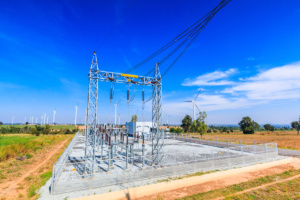
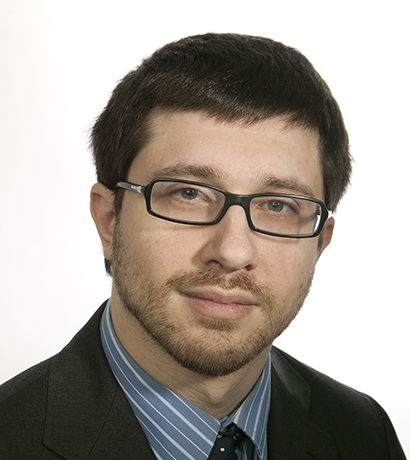


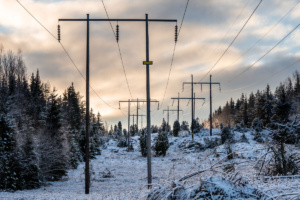
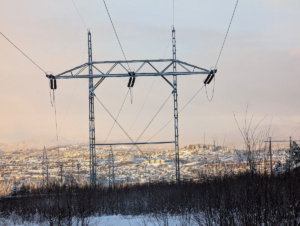
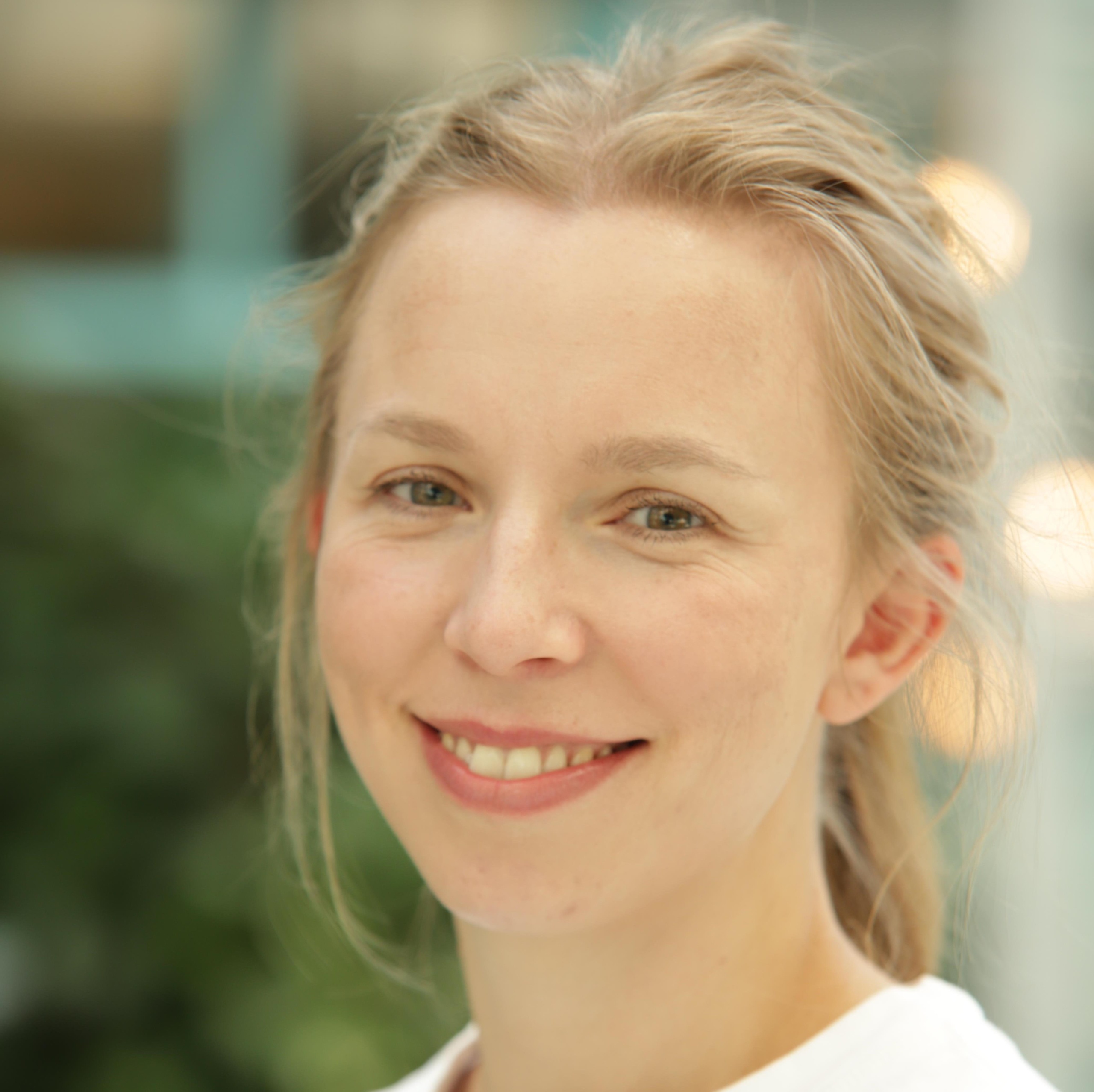
Comments
No comments yet. Be the first to comment!